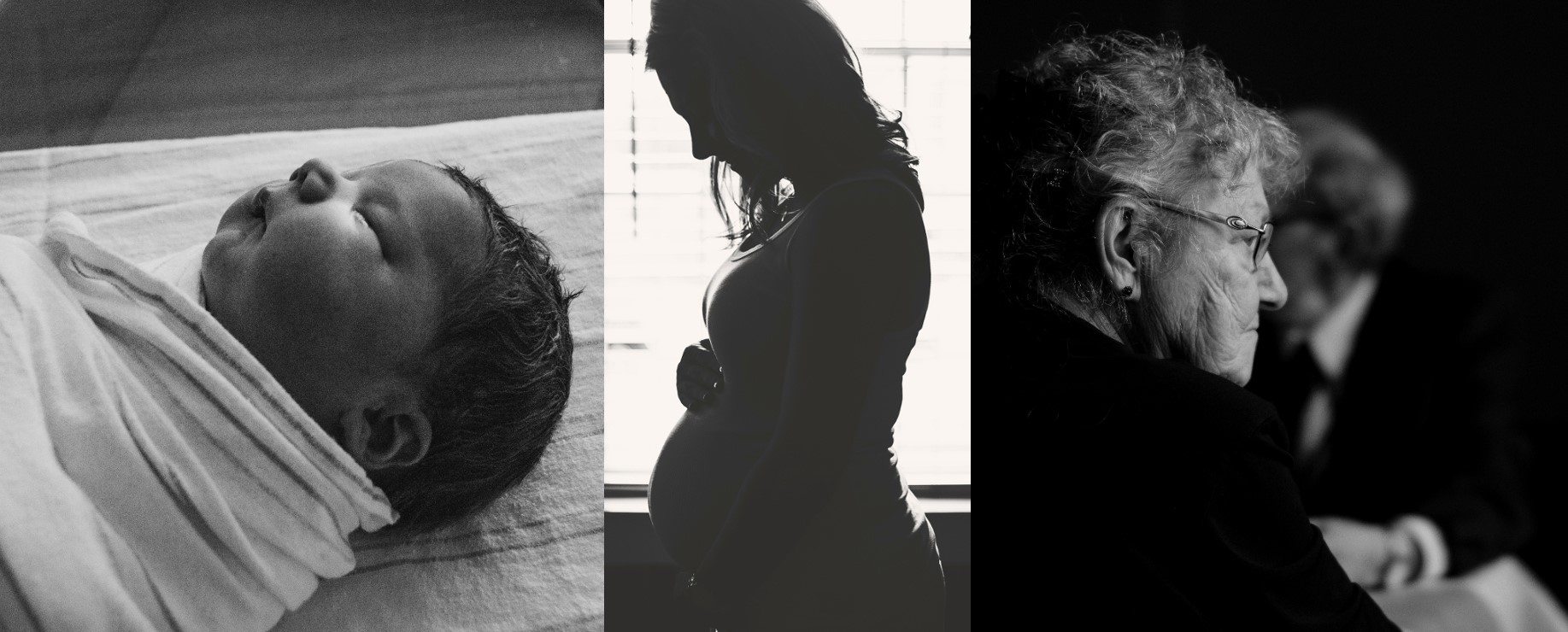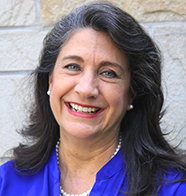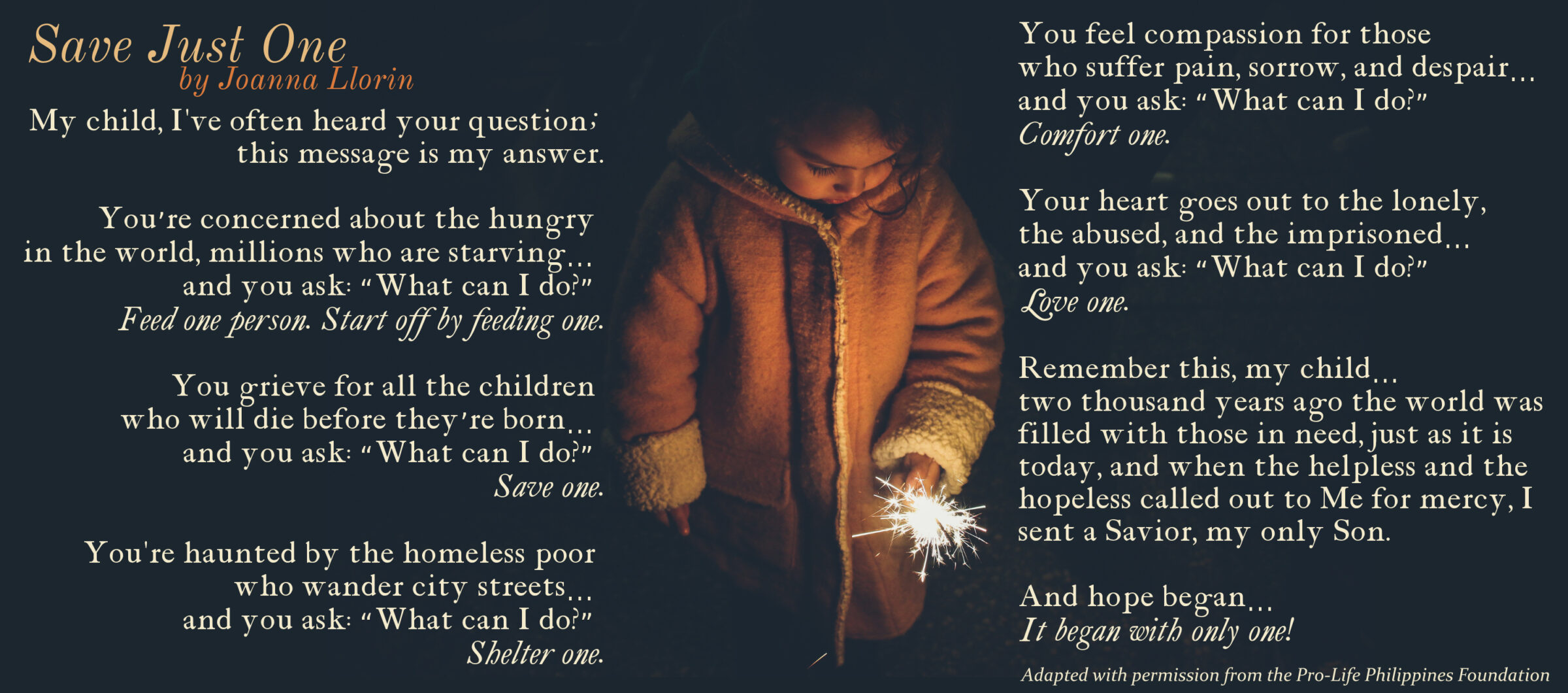 By Georgette Forney, President of Anglicans for Life, which is hosting its 2018 Summit: Mobilizing the Church for Life this weekend, Jan. 18-19, in Falls Church, VA, in coordination with the March for Life in Washington, D.C.
By Georgette Forney, President of Anglicans for Life, which is hosting its 2018 Summit: Mobilizing the Church for Life this weekend, Jan. 18-19, in Falls Church, VA, in coordination with the March for Life in Washington, D.C.
Problems to “Fix”
I hate problems.
I try to avoid problems and catastrophes. I think we all do. When things go awry it seems to imply God is punishing us. Because I hate problems, when they occur, my instinct is to go into overdrive to fix them.

Georgette Forney
Ironically, how we handle problems and crises reveals more about our character, our values, our faith or lack of it, and our sense of God’s presence or absence in the world, than in times of prosperity and ease.
We either turn to self-help books, substances to numb the mind and spirit, addictions to drown in, or advice from friends, fortune tellers, or crystals! OR we turn to God and cry out “help me.”
Sadly, I only learned to turn to God after I took matters into my own hands too many times!
Sixteen and Fearful
As a sixteen-year-old, at the start of my junior year of high school, I found out I was pregnant. I became preoccupied figuring out how to fix my problem, which is how I saw my pregnancy. When a friend told me I could have an abortion, I didn’t stop and consider what an abortion was or what it did to the baby. I only focused on the fact that it would fix my problem, that an abortion made my pregnancy go away.
But the funny thing about problems, when we seek to fix them using only human strength and man-made resources, they typically result in a myriad of unintended consequences as well. My abortion brought me immediate relief that I was no longer pregnant, but it also brought fear about having children in the future. Once I did have a child, my fears turned to worry – that something would happen to my precious baby. I also felt a lot of shame for getting pregnant and having an abortion. Fear set in that people would find out my secrets and see me as unworthy of their friendship.
Fast forward to yesterday – I was sitting in a hospital room watching my 92-year-old friend sleep. Bea has Alzheimer’s, and some other health problems. I am her Power of Attorney; our family “adopted” her years ago, as she is our daughter’s Godmother. Her doctor asked if I wanted a Do Not Resuscitate order on her medical chart in case of complications. I told him I wanted to be contacted in such situations as we live five minutes from the hospital. Decisions about care would be based on circumstances, not blanket medical orders.
As I sat watching Bea labor for each breath, I recognized that, in the eyes of the world, Bea is now considered a burden to be dealt with. Proponents of assisted suicide, also known as medical aid in dying, see elderly people in Bea’s condition as perfect candidates for having their death hastened, under the guise of dying with dignity. But, for me, instead of looking at Bea and seeing a problem to be fixed, I saw a friend. I saw a child of God with innate dignity, who deserves protection, care, and mercy. I want to help her finish her walk here on earth, graduating to heaven in God’s time, not man’s.
When I was sixteen, I thought a baby was a problem to fix, an inconvenience to be eliminated. Now, while there are many similarities between the care of a baby and an elderly woman, I don’t see Bea as a burden, problem, or inconvenience, I see Bea as a human being created in the divine image of God. Oh, how I wish I would have seen my baby that way.
Love is the Difference
Forty-one years ago, I didn’t know God’s love or His Word. I didn’t understand who He is; therefore, I couldn’t understand who I or my baby was, people created in His image.
I share all this because we live in a world that is like me at age sixteen. We don’t know God and therefore, don’t understand that life is sacred and worthy of love and respect.
Whether it is a baby in the womb, an elderly person, someone disabled or different, a man or woman who is homeless, or our next-door neighbor, the people around us need to know they are loved and valued by God and hopefully by us! God created human beings uniquely in His image, and as His image-bearers who call Him Lord and love Him with all our heart, soul, and strength, we get to fulfill His greatest commandments of loving Him and our neighbor. When we see people as sacred, we treat them that way!
Do you see people with problems or challenges as image-bearers or burdens?
In the Old Testament, the Israelites are instructed “Do not seek revenge or bear a grudge against anyone among your people, but love your neighbor as yourself. I am the Lord.” (Lev.18:18) My NIV Bible notes: “One should place no limitations upon the love for the neighbor, but instead a person should love to do an abundance of good for his fellow being as he does for himself. ‘Neighbor’ does not merely mean one who lives nearby, but anyone with whom one comes in contact.”
I don’t think it is an accident that Jesus quotes this in Matthew 22:37-39, when asked what the greatest commandment in the law was. Simply put, love God and love mankind.
As God’s Church, believers, and members of the ACNA, I pray 2018 will be the year we embrace the greatest command and love God and our neighbor – including the elderly, the unborn and the vulnerable.
Learn more at AnglicansforLife.org

